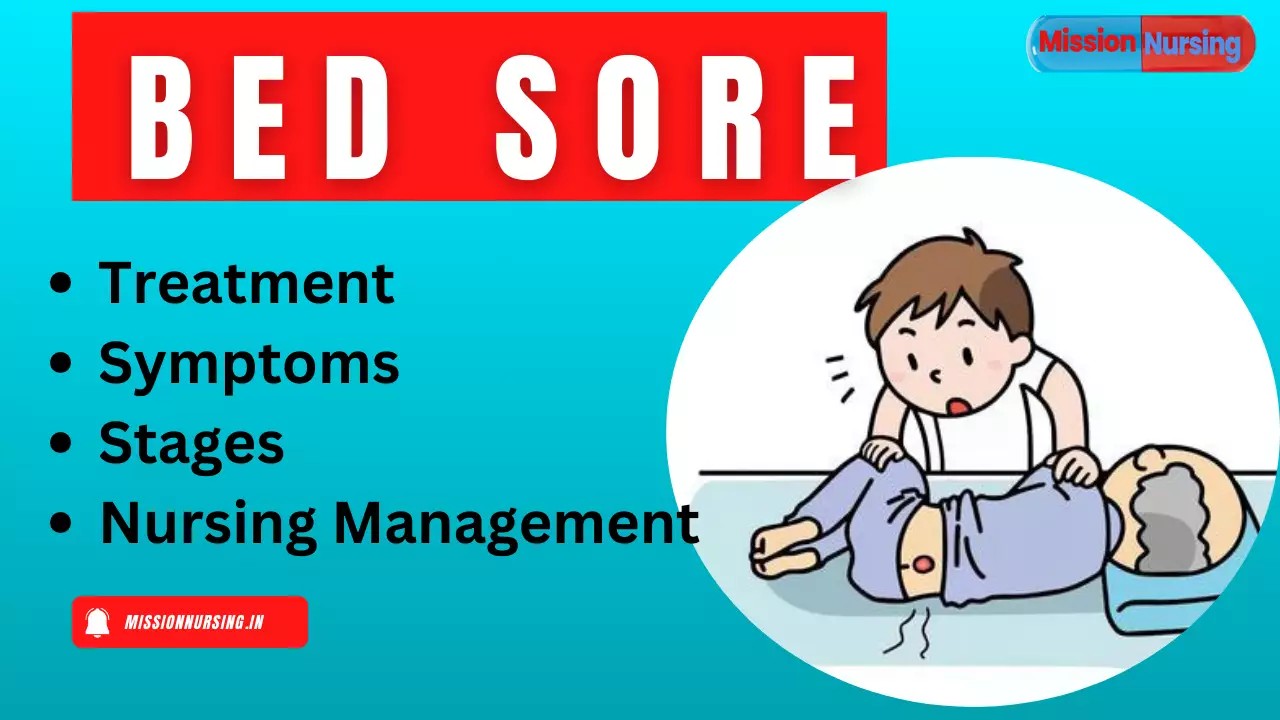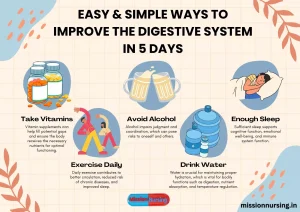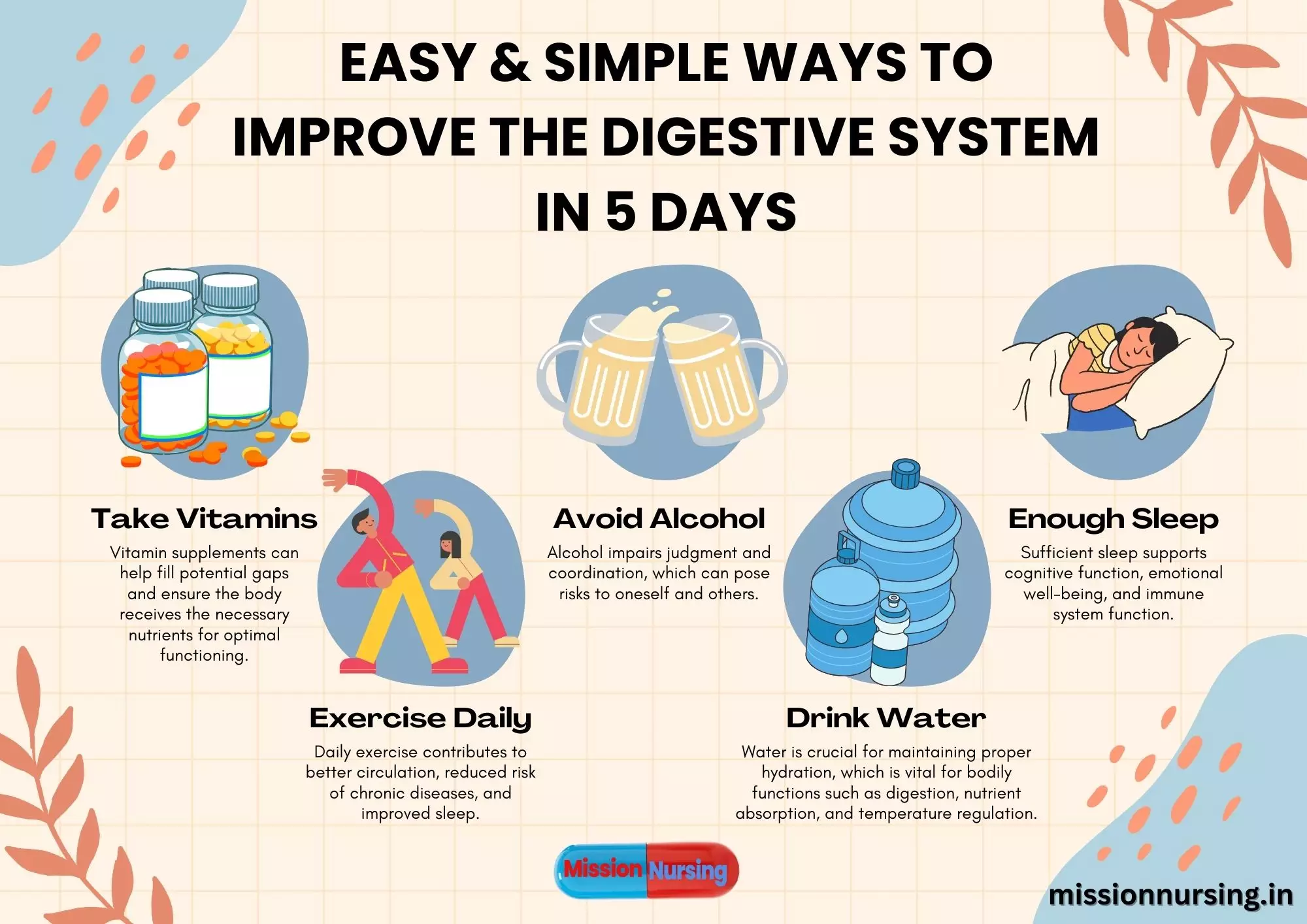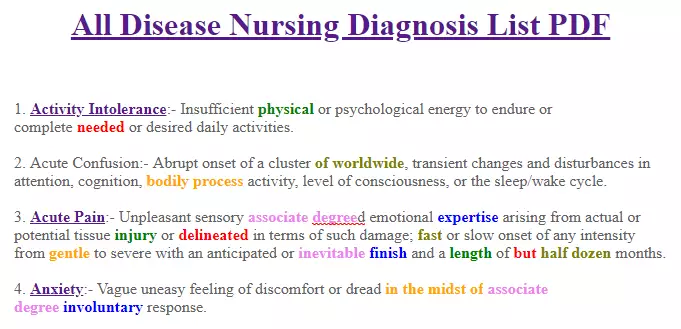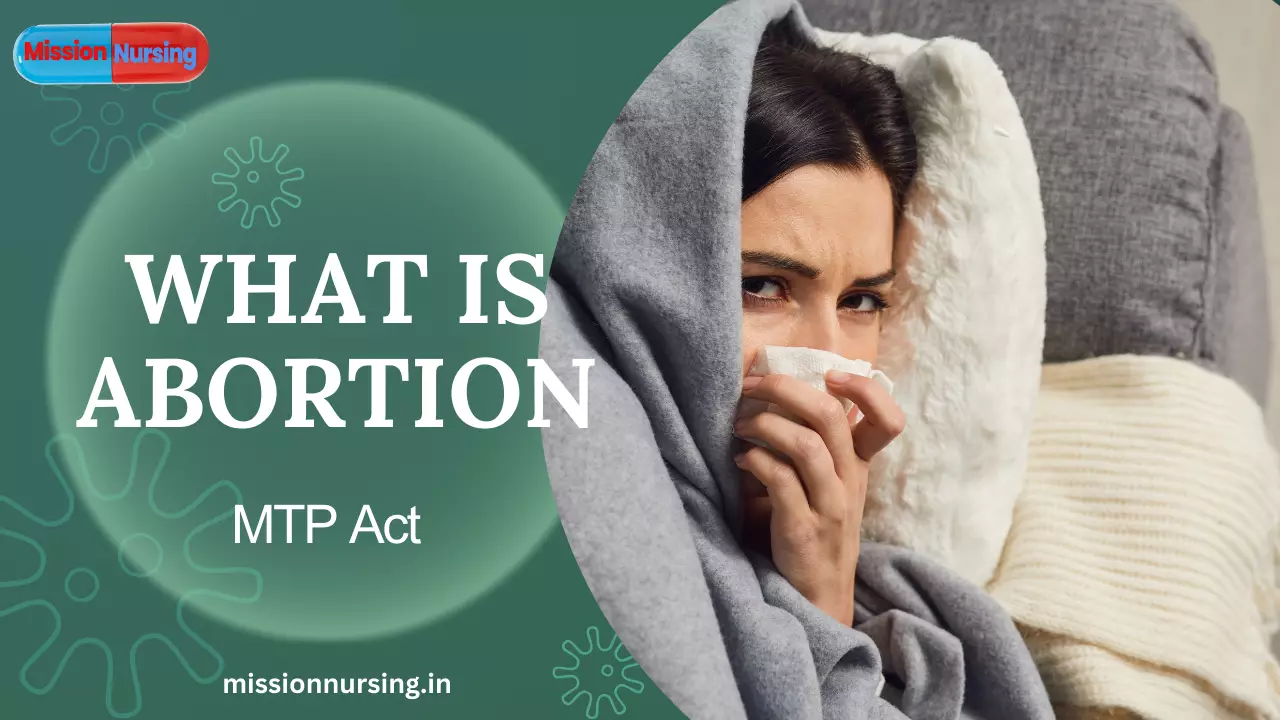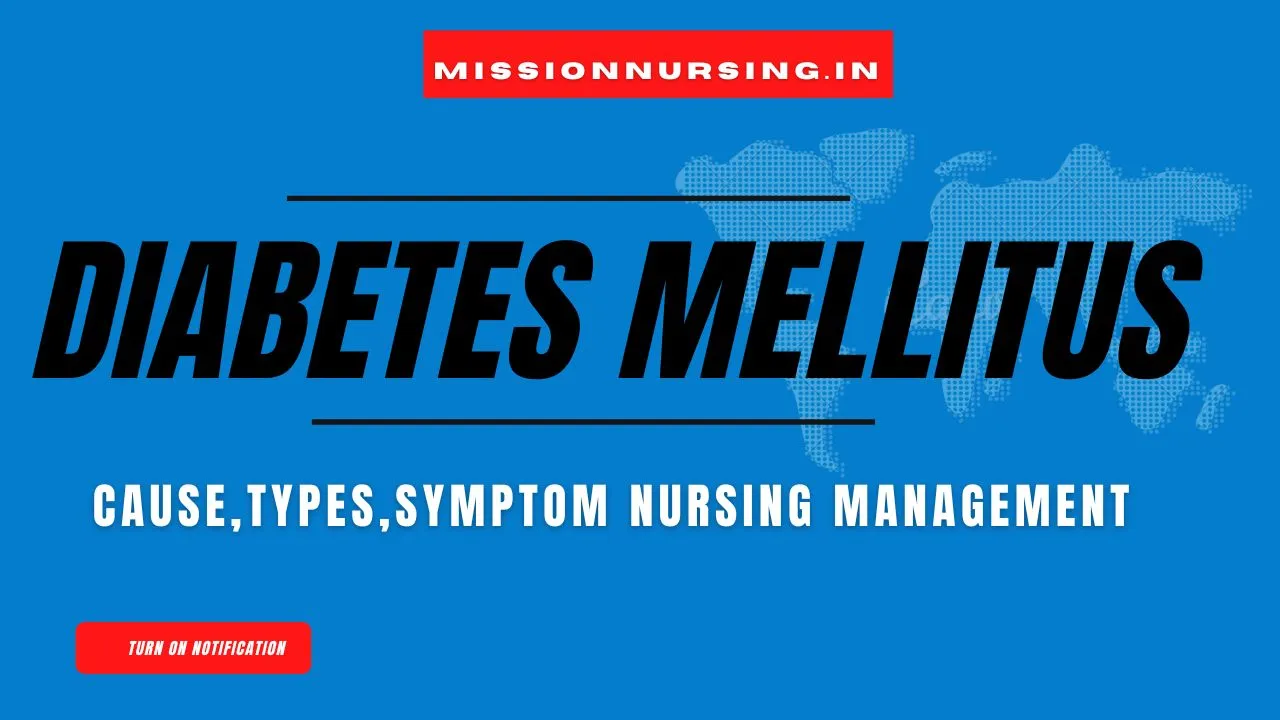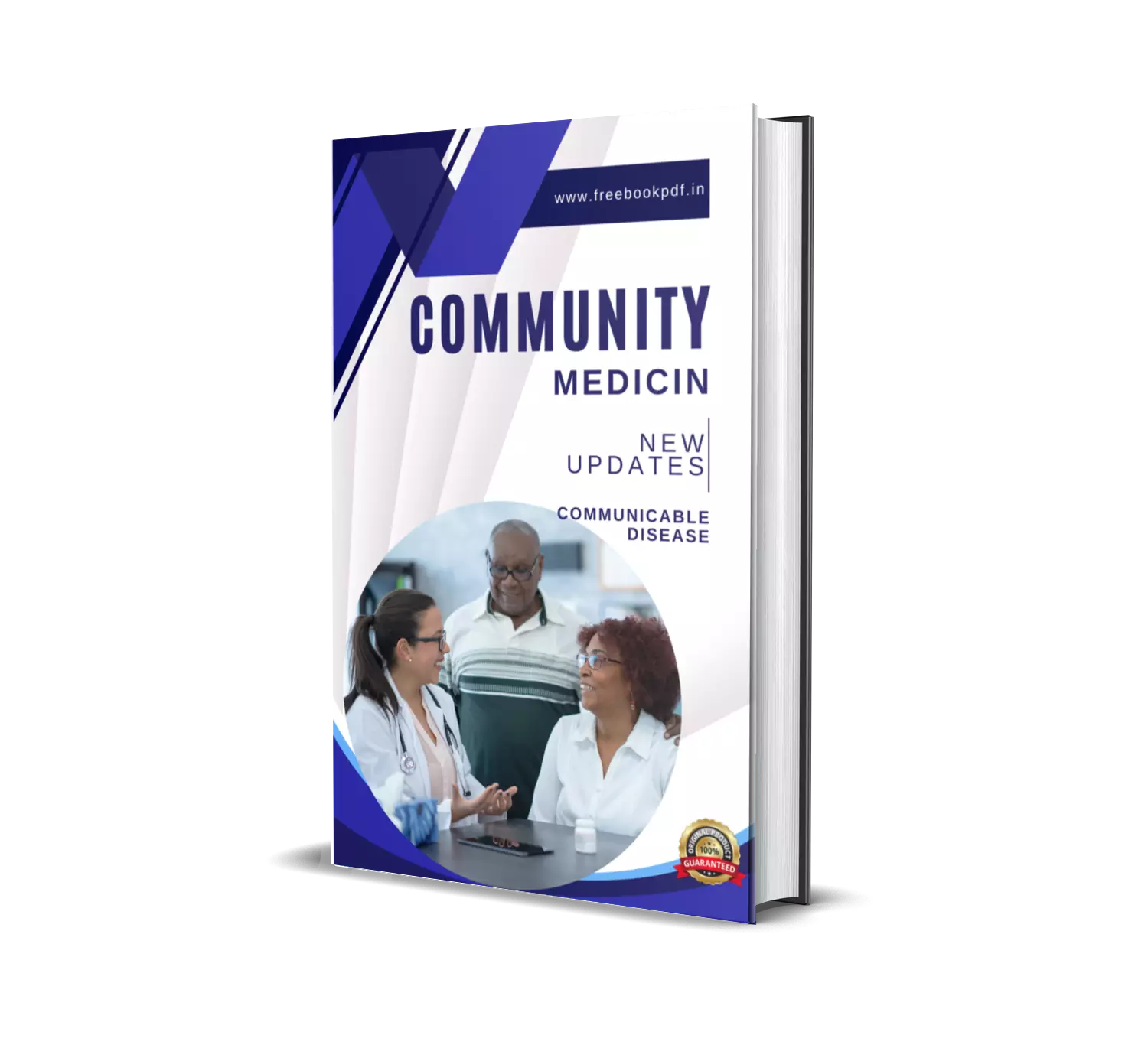What is Pressure Sore (Bed Sore)?
Pressure sore also known as bed sore and decubitus ulcer. A pressure sore is a localized ulceration of tissue. Bed sore occurs due to necrosis of tissue, because of prolonged pressure over the area. Long-time pressure causes a decreased blood supply in particular sites and damages pressure sites or causes ischemia on necrosis. Moisture is a favorable condition for the growth of the microorganism.
Common site of Pressure ulcer
- In supine position – occipital, scapula, sacral region, elbow, heel.
- In side-lying position – Greater trochanter, ribs, ear, cheeks, acromion process, malleolus of ankle joint.
- In prone position – Ear, cheeks, ribs, breast in female, male genitalia, toes and knee.
Cause of Pressure Sore (Bed Sore)
- Pressure (primary cause of pressure ulcer).
- Moisture (favourable cause of pressure ulcer).
- Friction (rough and hand surface cause tissue damage).
- Shear (opposite force on sacrum during sitting position).
- Presence of pathogenic organisms.
Risk factors of Pressure Sore (Bed Sore)
- Bedridden patients.
- Unconscious and coma patient.
- Obese patient.
- Diabetic patient.
- Paralysis patient.
- Edema
- Surgical client with limited movement.
- Incontinence of urine and stool.
- Agitated client in restraints.
- Malnourished patient.
- Burn patient.
- Impaired circulation.
- Complete bed rest.
- Oedematous patients.
- Emancipated patient.
- Spinal cord injury.
Symptom of bedsore
Stage – 1 bedsore
- Skin redness
- Pain
- Skin warm, cool, firm, or soft
- Epidermis layer of skin involved.
Stage – 2 bedsore
- Blister formation
- Open sore
- Dermis layer involve
- Pain
- Bluish discoloration around the site
- Red and irritated skin.
Stage – 3 bedsore
- Subcutaneous tissue involve
- Pain absence
- Watery discharge from the blister
- Brown color around the skin
- Skin tissue damage
- Develop an open, sunken hole.
Stage – 4 bedsore
- Wounds affect all layers of skin muscles etc.
- Bone and tendons are visible.
- Damage muscles, bone,s and joints.
- Pain absence.
- Pus formation.
- Purple, black color skin around the wound.
Diagnosis of bedsore
- Braden scale was used to evaluate the risk of pressure ulcers in clinical practice.
- Braden scale is developed by Nancy Braden and Barbara Bergstrom.
- Pressure ulcer findings according to Braden score are
18 – 23 points – no risk
15 – 18 points – mild pressure sore
13 – 14 points – moderate pressure sore
10 – 12 points – severe pressure sore
Less than 10 points – very severe pressure sore
Nursing Management of Bedsore
- Apply the 1% zinc oxide powder.
- Provide warm applications to the site.
- Apply heat for the healing of the wound – a 100-watt bulb for 10 minutes.
- Use Normal saline to clean the site.
- Use a few drops of insulin for the healing of wounds.
- Expose the site in the air to dry.
- Direct oxygen is administered at site by catheter to heal wounds.
- Apply the waterproof cream and ointment.
- Antibiotics administered.
Prevention of pressure sore
- Identify the risk factors that are prone to the development of bed sore.
- Remove the cause of bedsores.
- Bedridden clients conduct very little movement in bed.
- Assess the patient for moisture, redness, and blister and skin discoloration.
- Keep the client clean and dry.
- Change the patient’s position every 2 hours.
- The patient skin is well lubricated by using powder.
- Prevent the incontinence of urine and faces.
- Provide adequate food and fluids.
- Provide water matters for burn patients.
- Provide a smooth and wrinkle free bed.
- Stimulate the body circulation.
- Avoid the scratching on the skin.
- To avoid pressure ulcers, use comfort devices.
- Educate about maintaining personal hygiene.
- Encourage the client to move in bed.
- Avoid vigorous massages at pressure sites.
- Administer high-calorie and high-protein diet with excessive fluid intake.
- Provide health education.
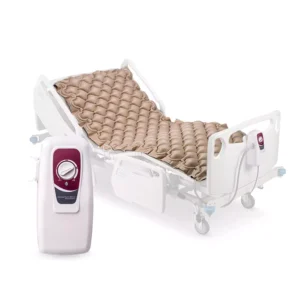
QnA about Bedsor
Is pressure sore also known?
Bedsore and decubitus ulcer
What is the Primary cause of pressure ulcers?
Pressure
In pressure ulcers, which condition is helpful to grow microorganisms
Moisture
Which stage of pressure sore, includes blister formation?
Stage 3
Which scale is used to determine bedsore?
Braden scale
What is the most common nursing action to prevent pressure sore?
Change the patient’s position
The most common prevention of pressure sore in burn patients?
Use a water mattress
Which solution is used to clean the pressure sore?
NS (Normal Selin)
How many stages of pressure ulcer
4 stages
What is the DTI?
Deep tissue injury
What is the most common site, where all pressure ulcers are found?
Bony area

